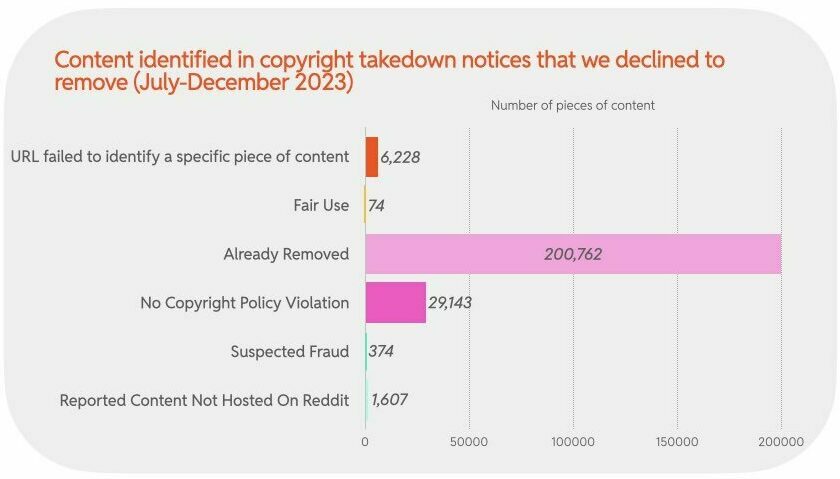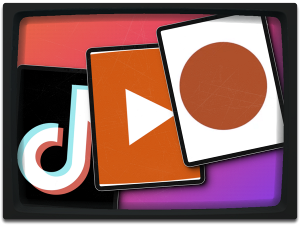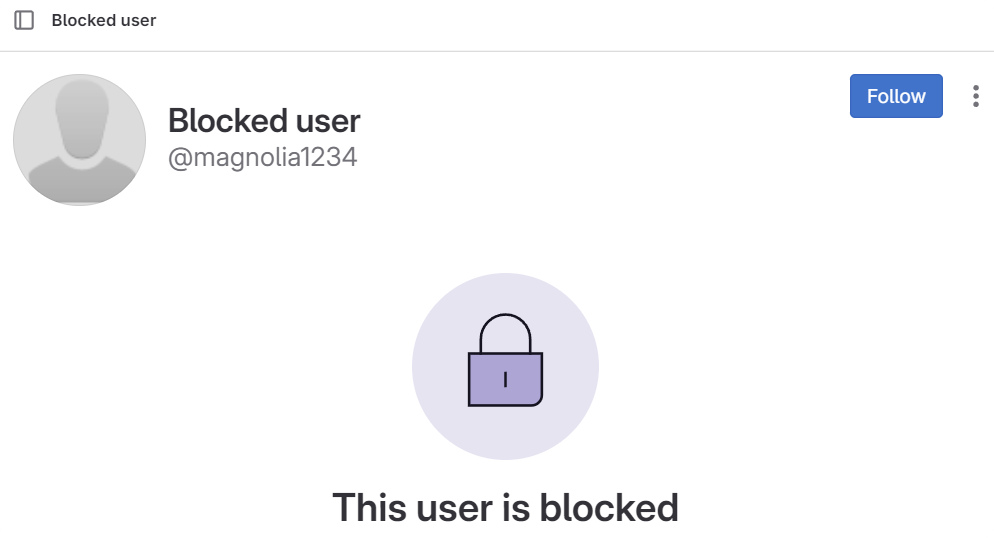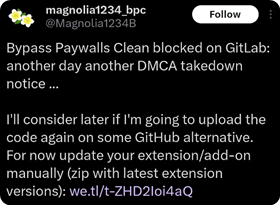 If the vision for the creation of the web included a day one feature that could restrict access to content, people working on their own specialist topics, catering to their own niche audiences, would’ve happily pressed the button.
If the vision for the creation of the web included a day one feature that could restrict access to content, people working on their own specialist topics, catering to their own niche audiences, would’ve happily pressed the button.
A hundred or a thousand thriving communities, small utopias in their own right, with no connection to each other, would’ve been seen as a feature, not the failure of the internet we otherwise see today. The openness of the early days of today’s web, the ability to see most other sites and communities while being exposed to creativity and information like never before, was the easiest elevator pitch in history.
Come and see, everything you want for free, was the dream made reality and people couldn’t wait to experience it. Some things for free, but you have to pay for everything else, would’ve changed everything.
Regardless, that’s what we have as our internet today, although the definition of ‘free’ has been adjusted over time, mostly to mean no money changes hands. Just watch a few ads, allow the content providers to share your data with the world, and enjoy a lifetime of ‘free’ content.
Unfortunately, a ‘lifetime deal’ on the internet is subject to change too and when ads and other mechanisms stop paying the bills, the doors get locked until payment is made for the key.
Paywalls and News
If the whole piracy debate is put to one side just for a moment, paying for music, movies, and books, doesn’t sound especially ridiculous. Yet when it comes to paying to read news, a majority suddenly get a little offended, annoyed even. They read a handful of articles a day, and they’re not paying for that, period. Certainly, they’re not paying a full subscription to several online newspapers on the basis they
might
have something worth reading this month.
And to be frank, who can blame people for that sentiment? The days of someone sitting back in an armchair with a single newspaper, from which they consume all news, are largely gone. And good riddance too. Consuming news from multiple sources is the only way to filter out the political biases, balance opinions, and get closer to the truth. Yet increasingly, large swathes of information, crucial to broader insight and analysis, can only be found behind paywalls.
The conundrum is currently unsolvable; a news business requires revenue, just like any other. Ads don’t work and while paywalls are broadly disliked, they pay the bills. People want access to news, information about their world, current events that affect their lives. The only issue is that when asked to pay for it, people mostly don’t want to. If the streaming service market is fragmented, news takes it to a whole new level.
Bypass Paywalls Clean
Bypass Paywalls Clean (BPC) is a browser extension that bypasses many of the paywalls put in place by most of the world’s news publishers. While that’s an accurate description, it’s really an indication of a wider problem.
BPC restores the news landscape to one that people can enjoy again, in keeping with news delivery of the last couple of decades. It removes the irritations of news articles appearing in search engines with excerpts promising everything, only to transform into a ‘subscribe now’ bait-and-switch popup, of which there was no mention earlier.
BPC removes the need for credit card hunts, not to mention the pain of any subsequent data breaches. BPC removes the need for usernames, passwords, logins authorized by 2FA, and eliminates the barrage of follow-up spam news publications suddenly feel permitted to send; pressure to sign up for longer, and for more money, not to mention the price increases of this year and the year after, plus ‘special offers’ that nobody wants.
For these and other closely related reasons, users of BPC are very upset right now. In a post to X yesterday, the software’s developer revealed why his project is no longer available; someone filed a DMCA takedown notice against
his repo on GitLab
.
BPC has not published a copy of the DMCA takedown notice, GitLab doesn’t appear to have shared it either. In fact, the URL where the repo could be previously found returns only a 404 error; there’s no indication that a DMCA complaint was even received, let alone who sent it and what it said.
DMCA Abuse or Something Else?
The absence of information has led to some speculation that the notice may have been abusive. Only the developer can say for sure but on the assumption that a DMCA notice was indeed responsible for taking BPC down, some point to the BPC code while shouting ‘foul’. They claim that since the BPC code is the unique creation of its developer, a DMCA notice would need to wrongfully claim copyright of his code.
While that could be a worthy topic of discussion, these scenarios can be immediately addressed using a DMCA counter-notice. BPC’s creator can simply file one with GitLab and in less than two weeks’ time, the platform would have to restore it, if whoever sent the original notice didn’t sue the developer in the United States.
Diving into a potential legal quagmire is rarely attractive or sensible. Here, however, there are signs to suggest the option has been rendered unavailable. The repo no longer exists according to GitLab, but that seems like a minor detail when compared to the status of the
developer’s account
.
There’s no information close to hand on GitLab that attempts to explain why magnolia1234 is ‘blocked’ and no reason supplied on the
developer’s account on X
either. Responses from BPC users are limited to those who @Magnolia1234B specifically mentions, so discussion is somewhat limited.
More than One Type of DMCA Notice
The developer’s earlier comment, “another day another DMCA takedown notice” tends to suggest receipt of two, three or potentially more DMCA notices. On which platforms they were received isn’t specified but if those all relate to GitLab, it raises the question of whether a ‘repeat infringer’ policy came into play. That could explain the ‘blocked’ account status but since details aren’t being made available, it’s difficult to say for sure.
However, DMCA takedown notices come in more than one flavor and the ‘remove this copy of my content’ type may not even be the best fit here. It’s certainly possible that if a DMCA notice is responsible, it could be an anti-circumvention notice for which there is no counter-notice option available.
Whether BPC amounts to a tool that circumvents a “technological measure that effectively controls access to a work protected by copyright” rendering it illegal under
17 U.S. Code § 1201
, cannot be answered without a proper technical analysis.
Websites use all kinds of methods to restrict access to content but whether some, any or all qualify for protection is mostly uncharted territory. There’s also the question of intent, i.e what BPC was designed and marketed for; that has the potential to matter a lot.
Blame the Game, Not the Player
In the physical world, a locked door is a pretty clear sign that whatever lies behind it is currently unavailable for access. Some people might give the handle a couple of tries to be sure but, in ordinary circumstances, people don’t immediately start searching for security weaknesses or pull out a lockpicking set.
In the online environment, where there’s an underlying assumption most things are free, a paywall popup with an article just visible underneath, is a signal that whoever published the article cannot afford to deliver it in any other way. Yet in many cases it has already been delivered, because the text is already right there.
Is it legally acceptable to remove the blocking element in your own browser or is this really about respecting the people who spent time and money creating the content, regardless of how good their security is?
Or could this be more about the online news situation in general, where anyone can setup a website that automatically copies everything a news site publishes in public, the moment it’s published, and then pumps it out as their own content to generate revenue?
Maybe the terrible ad networks that many illegal and indeed legal news platforms foist upon their readers are the real problem? Or perhaps the response to this barrage of unwanted ads causes most damage; exhausted readers simply rejecting ads altogether, blocking the good and bad in one swoop?
With no ad revenue, news sites can either shut down completely or turn to a paywall. So rather than viewing BPC as a parasite that stops creators getting paid for their work, perhaps a broader look at the news ecosystem itself is in order.
Who’s Really Taking Available Revenue?
Considering the volume of news available at any one moment, much of it simply rehashed or otherwise trash copies of reports produced by a limited number of original publishers, the real parasites driving paywall uptake aren’t found in the form of a browser extension.
They’re the publications that pass news off as their own, sometimes completely rewritten by AI, who then spend ten times more money on SEO, because getting low quality junk to the top of search results is clearly more important than journalism. They take news articles already being offered for free yet their only contribution is to make whatever they take worse. The world is awash with them yet search engines seem incapable of doing anything about most.
Removing these sites from the market would return more of the revenue to those that should’ve received it in the first place, hopefully negating the need for more paywalls and any future for tools like BPC.
If news consumers want fewer paywalls, boycott the parasites, plagiarists, and those bombarding your browser and inboxes with spam. Adding them to a hosts file or making a firewall rule is fairly painless but a convenient, open source browser extension might be a fitting solution under the circumstances.
From:
TF
, for the latest news on copyright battles, piracy and more.
chevron_right
 Over the last quarter-century the piracy landscape has regularly received major blows from which many believed it could never recover.
Over the last quarter-century the piracy landscape has regularly received major blows from which many believed it could never recover.

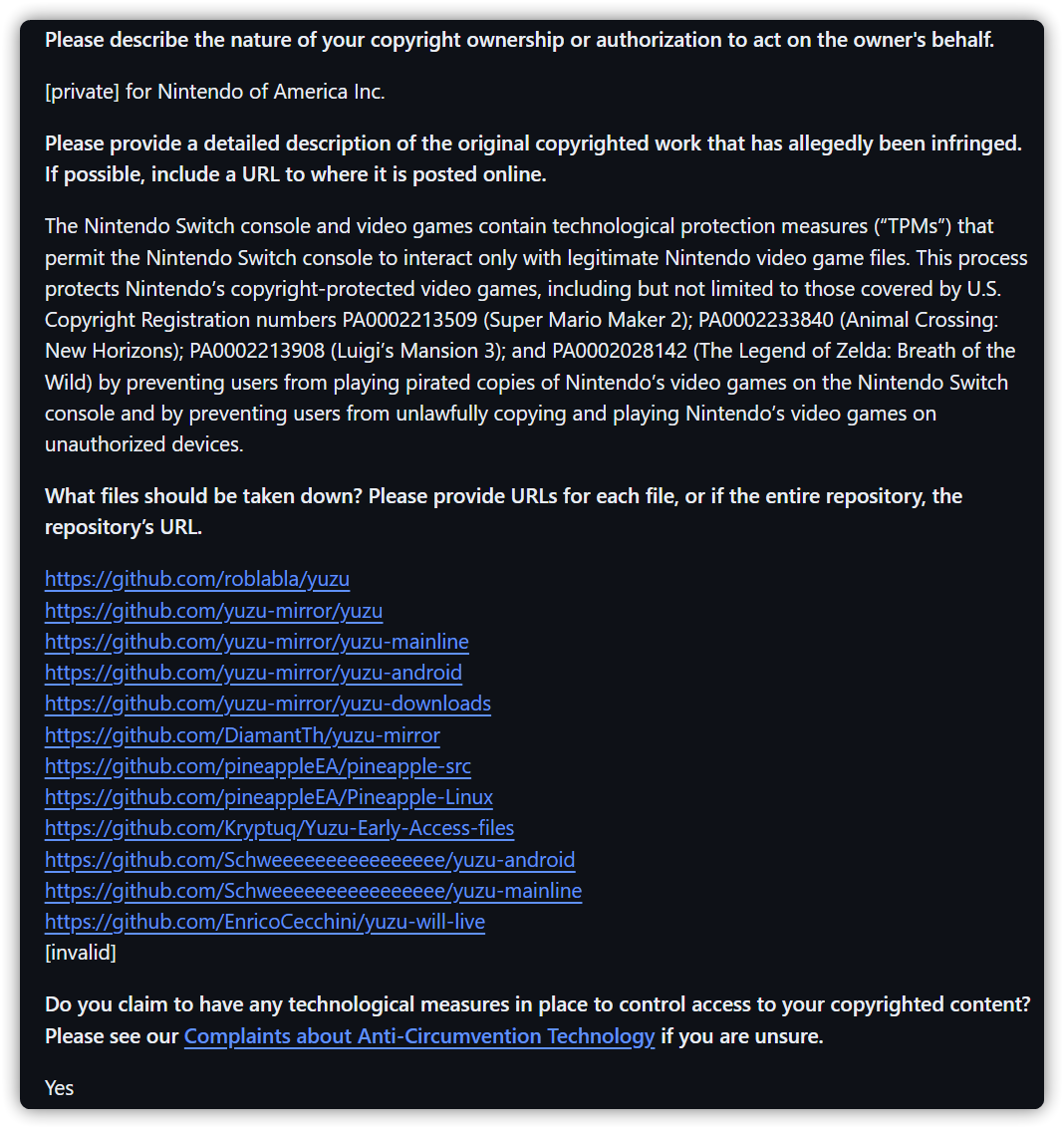
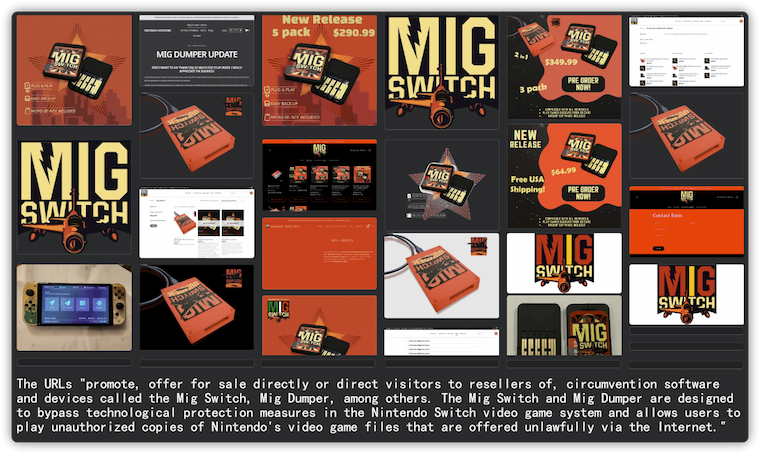
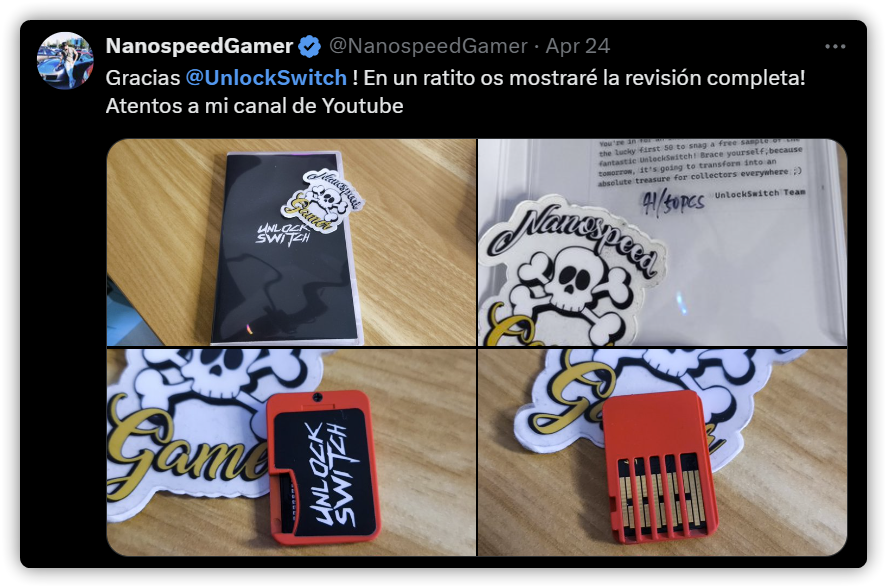
 Tracking BitTorrent pirates isn’t all that hard since IP addresses are openly broadcasted. With help from Internet providers, these addresses can then be linked to account holders.
Tracking BitTorrent pirates isn’t all that hard since IP addresses are openly broadcasted. With help from Internet providers, these addresses can then be linked to account holders.

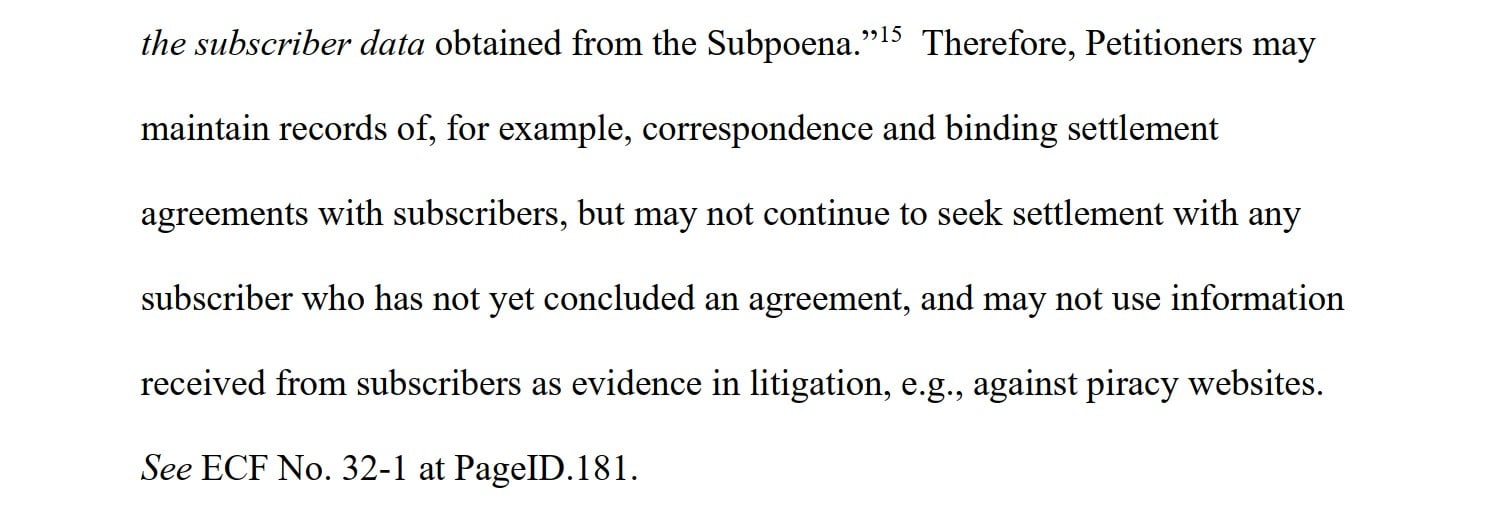
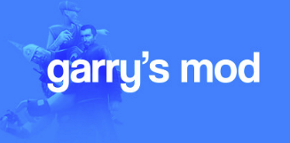
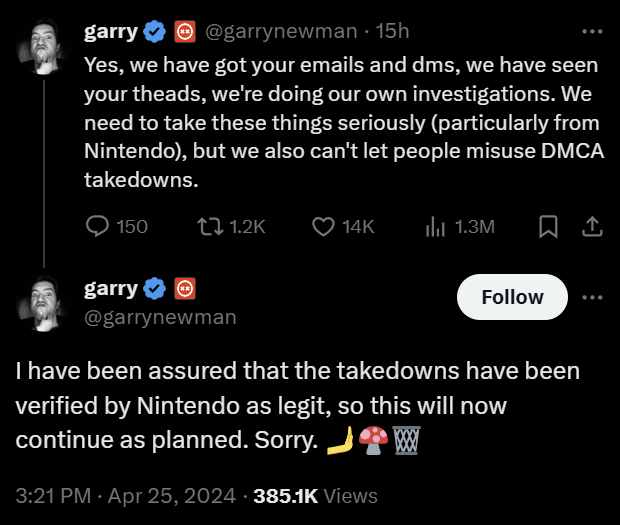
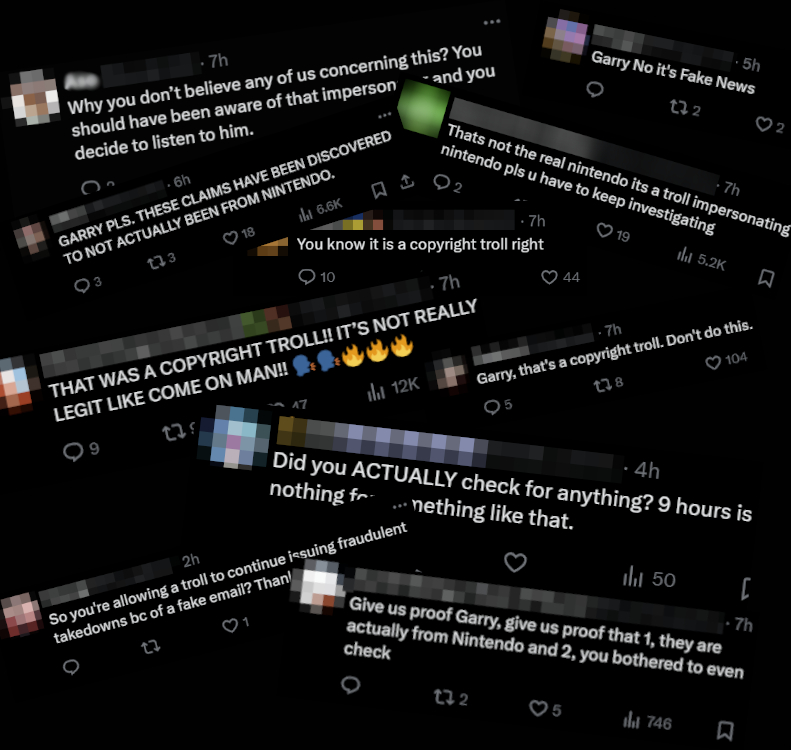


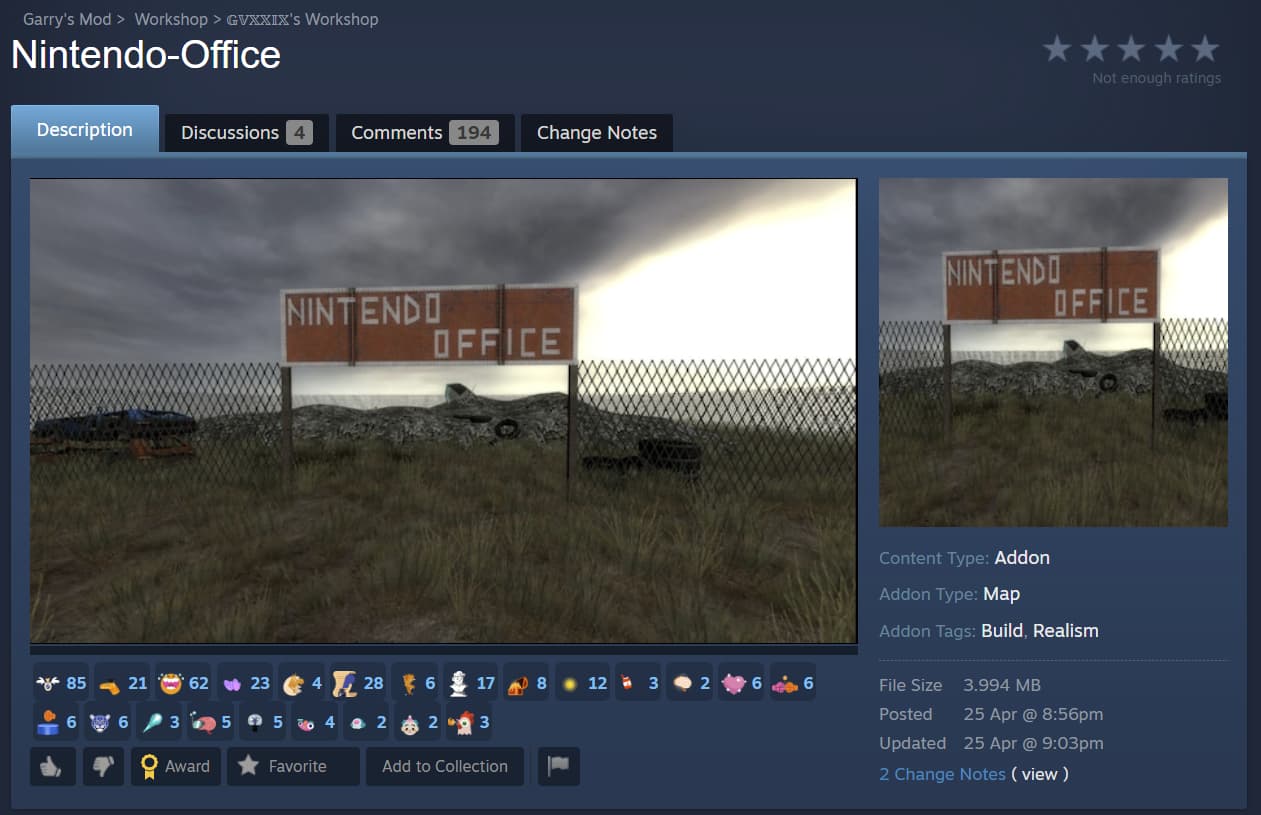



 England is widely regarded as the ‘home of football’ and the
England is widely regarded as the ‘home of football’ and the

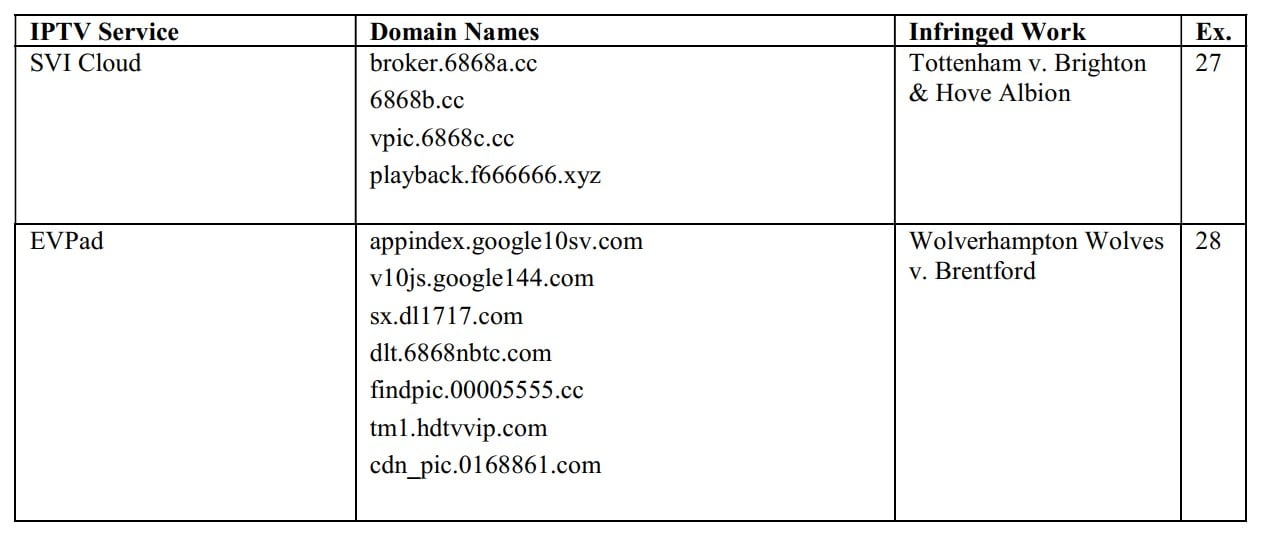

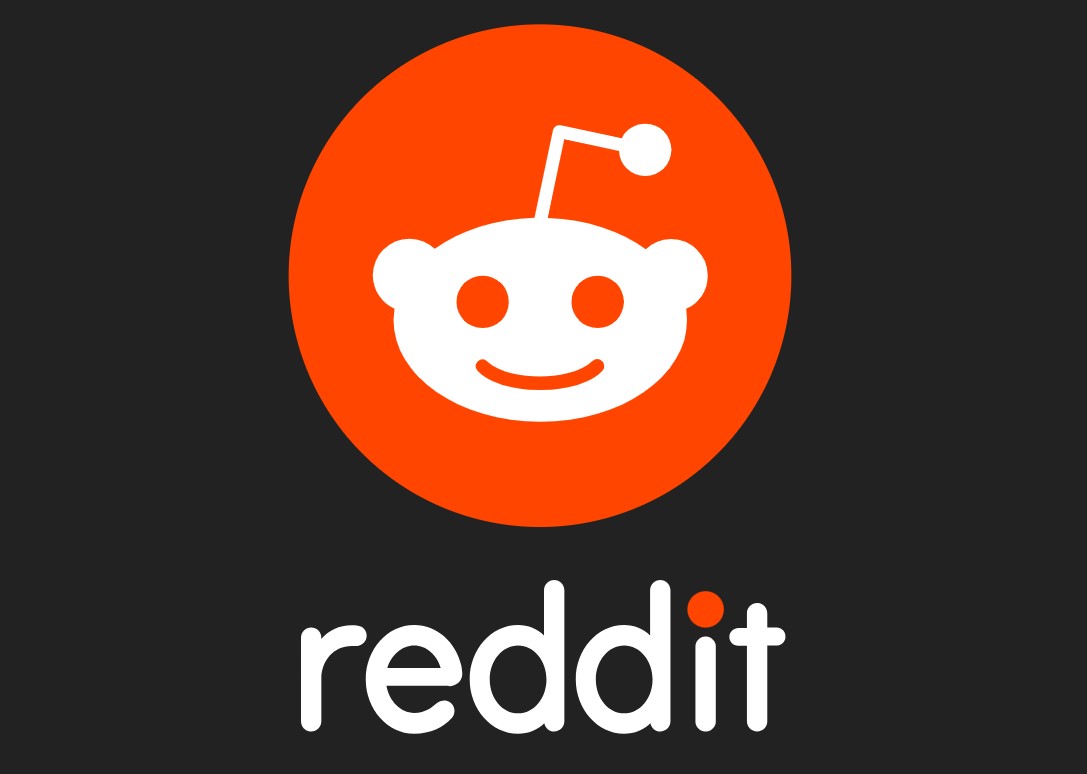 Without doubt,
Without doubt,

